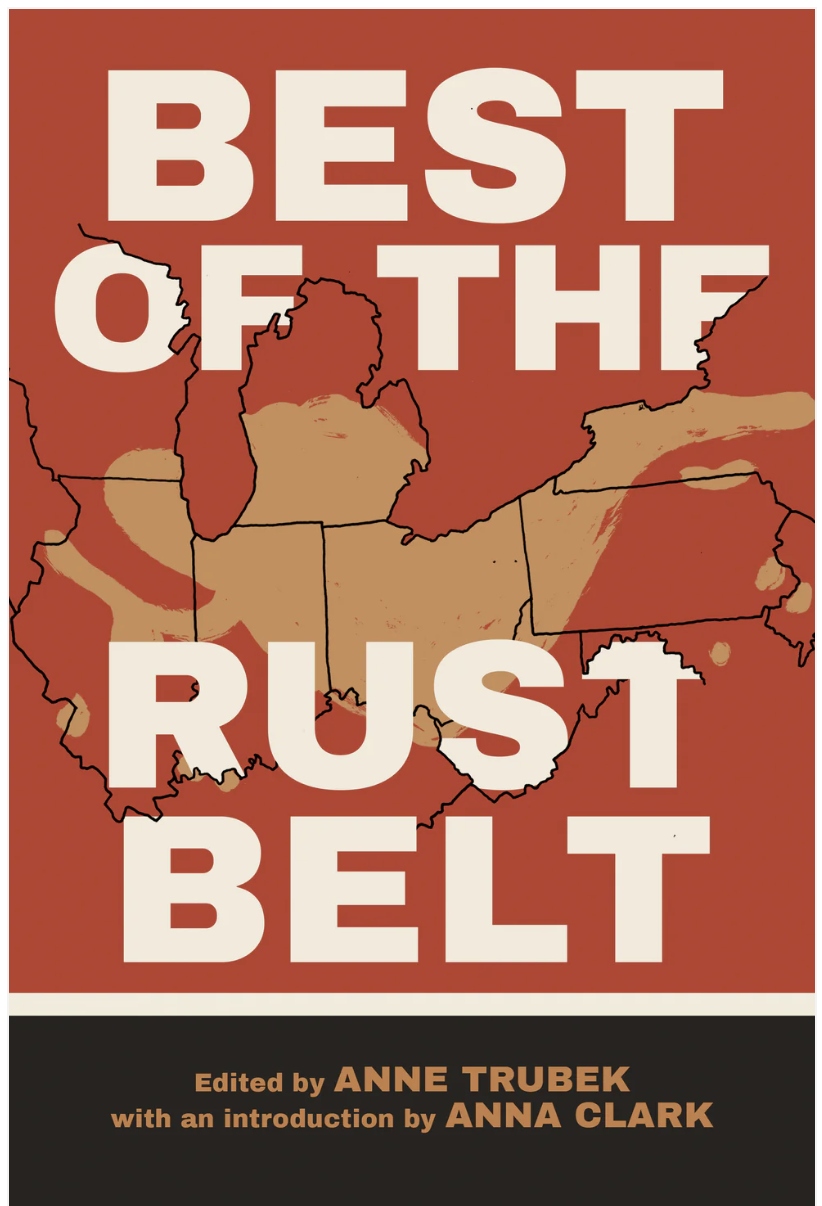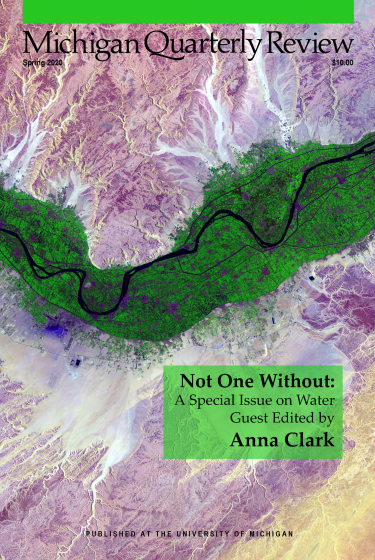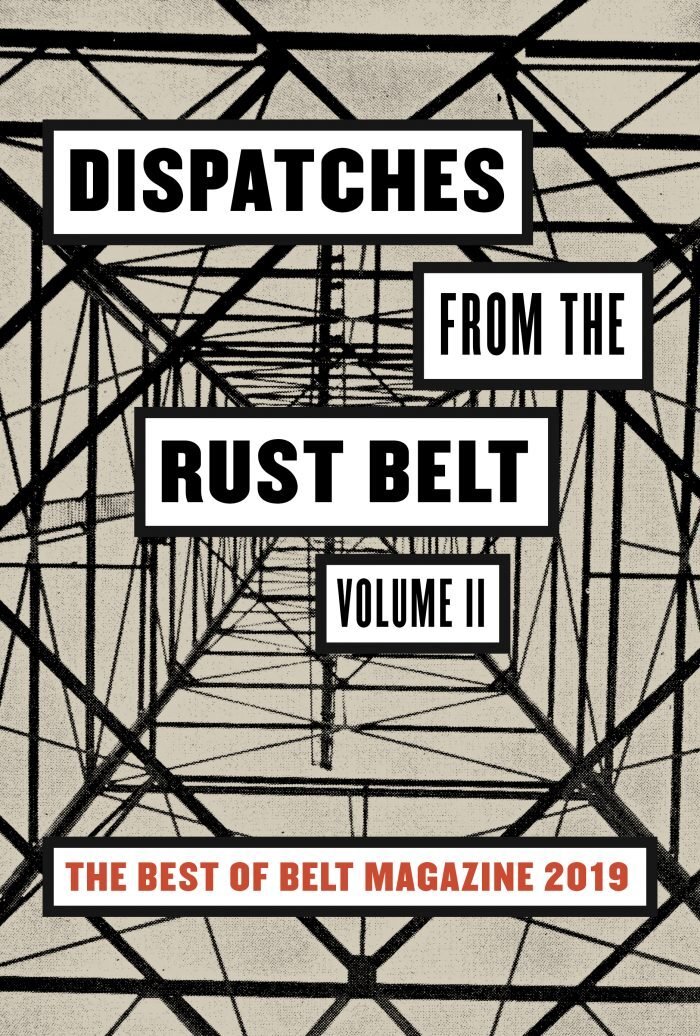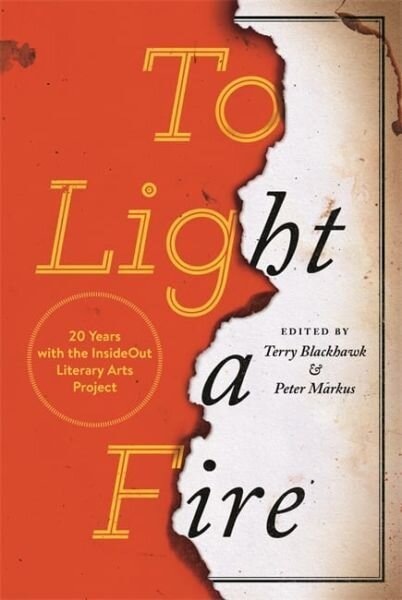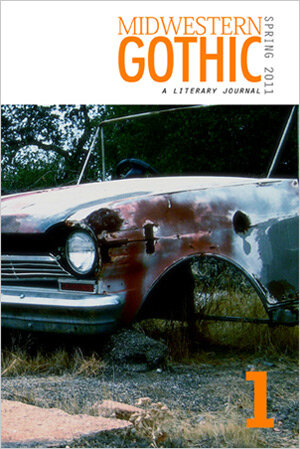“With every heartbreaking detail, Anna Clark’s must-read and beautifully rendered account of the Flint water crisis makes clear that this horrific poisoning of an essential American city was never just an unfortunate accident. Instead, it was the tragic, and indeed tragically inevitable, result of the fiscal, as well as environmental, racism that seems to run as deeply and powerfully in this country as water itself.”
―Heather Ann Thompson, author of Blood in the Water: The Attica Prison Uprising of 1971 and Its Legacy
“Anna Clark’s book on the Flint water crisis rises to a great challenge: it sacrifices neither complexity nor moral clarity. And by etching this story’s outlines in decades of racist neglect, it is not just a splendid work of journalism. It is a genuine contribution to history.”
―Rick Perlstein, author of The Invisible Bridge: The Fall of Nixon and the Rise of Reagan
“The story of the Flint crisis is disturbing enough even if one knows only a few details. But the entire case, as laid out by Anna Clark, is enraging. Clark has sifted the layers of politics, history, and myopic policy to chronicle the human costs of this tragedy. Flint is not an outlier, it’s a parable – one whose implications matter not just to a single municipality but to every city in the country and all who live in them.”
―Jelani Cobb, Ira A. Lipman Professor of Journalism, Columbia University
“The poisoning of Flint was unintentional but it was no accident. Read Anna Clark’s empathetic yet emphatic history and you will understand how this American tragedy could have been prevented – and why it wasn’t. Her book will make you mad, but it will also give you hope for the rebirth of our cities and maybe even our democracy.”
―Dan Fagin, author of Toms River: A Story of Science and Salvation
“The Poisoned City is a gripping account of a devastating, unnatural disaster. Through deep research and on-the-ground reporting, Anna Clark makes the case that Flint’s water crisis is the result of decades of disinvestment and neglect, worsened by austerity policies and governmental malfeasance. This is essential reading for anyone who wants to understand America’s ongoing failure to deal with environmental injustice, racial inequality, and economic marginalization.”
―Thomas J. Sugrue, author of The Origins of the Urban Crisis: Race and Inequality in Postwar Detroit
From tiny towns necklacing the Great Lakes to towering old cities, the landscape of the two peninsulas has stirred more than a century of the nation’s greatest writers.
“By the end of the book, Clark intends to leave us with an extensive reading list and idea of what it takes to write and create a literary culture within a community.”
Michigan Radio



